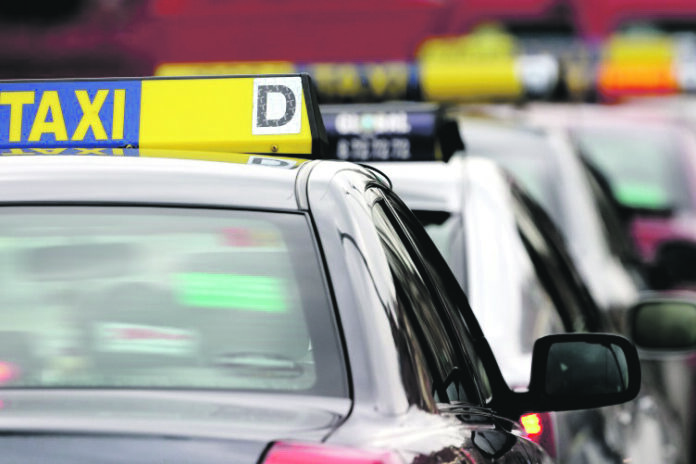
LIMERICK has just 1,000 taxis to serve the entire county, according to the latest figures from the National Transport Authority.
In comparison, the tiny county of Louth has 586, more than half the Limerick number for a much smaller population.
And many of those taxi drivers have said they will not work night shifts because of intimidation and abuse they encounter in the city.
But while the figures in Limerick are low, it is one of just a handful of counties where numbers have marginally increased since 2019.
Cork in comparison has 2,202 taxi cabs and Galway has 1,271, with both counties seeing a decrease in taxi numbers over the last five years.
The Taxis for Ireland Coalition is warning that the numbers are insufficient and resulting in a real strain on business, particularly around the festive season.
A survey conducted by the Restaurants Association of Ireland has also revealed that seven in 10 people in Limerick and countrywide have found it difficult to get a taxi, with many choosing not to venture out at all if they can’t get home.
In a statement, the Coalition has called on all election candidates to pledge support for increased taxi supply.
The Coalition, an alliance of key stakeholders in Ireland’s hospitality and transport sectors, is keen for the next Programme for Government to recognise the critical role taxis play in Ireland’s public transport mix, and to address the supply issue accordingly.
The most up to date available National Transport Authority figures show that taxi numbers have declined in 23 out of 26 counties since 2019.
“Both urban and rural areas have been heavily impacted by taxi shortages as shown by the NTA figures,” the Coalition said.
According to Aisling Dunne, Head of Public Policy at Bolt Ireland: “The decline in taxi numbers is attributed to a number of factors, including the fallout from the Covid-19 pandemic, an onerous entry system, and costly barriers for new drivers – such as outlays of up to €59,000 for a wheelchair accessible vehicle (WAV) yet insufficient supply of supporting grants.”
Adrian Cummins, CEO of the Restaurants Association of Ireland, added that “there is mainly the element of customer and worker safety as we want them to get home following the Christmas party season, but there is also the issue of people not going out at all due to the difficulties in securing a taxi”.









